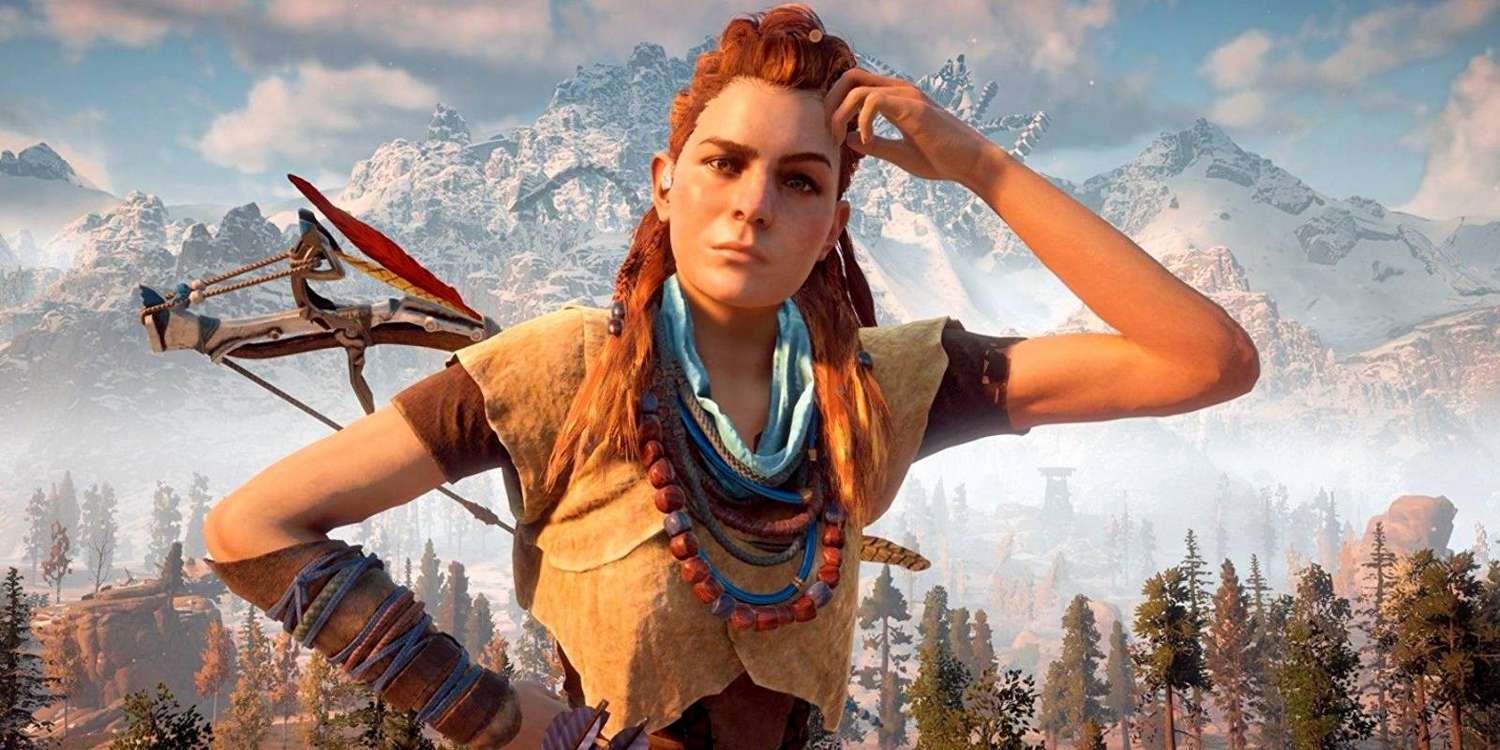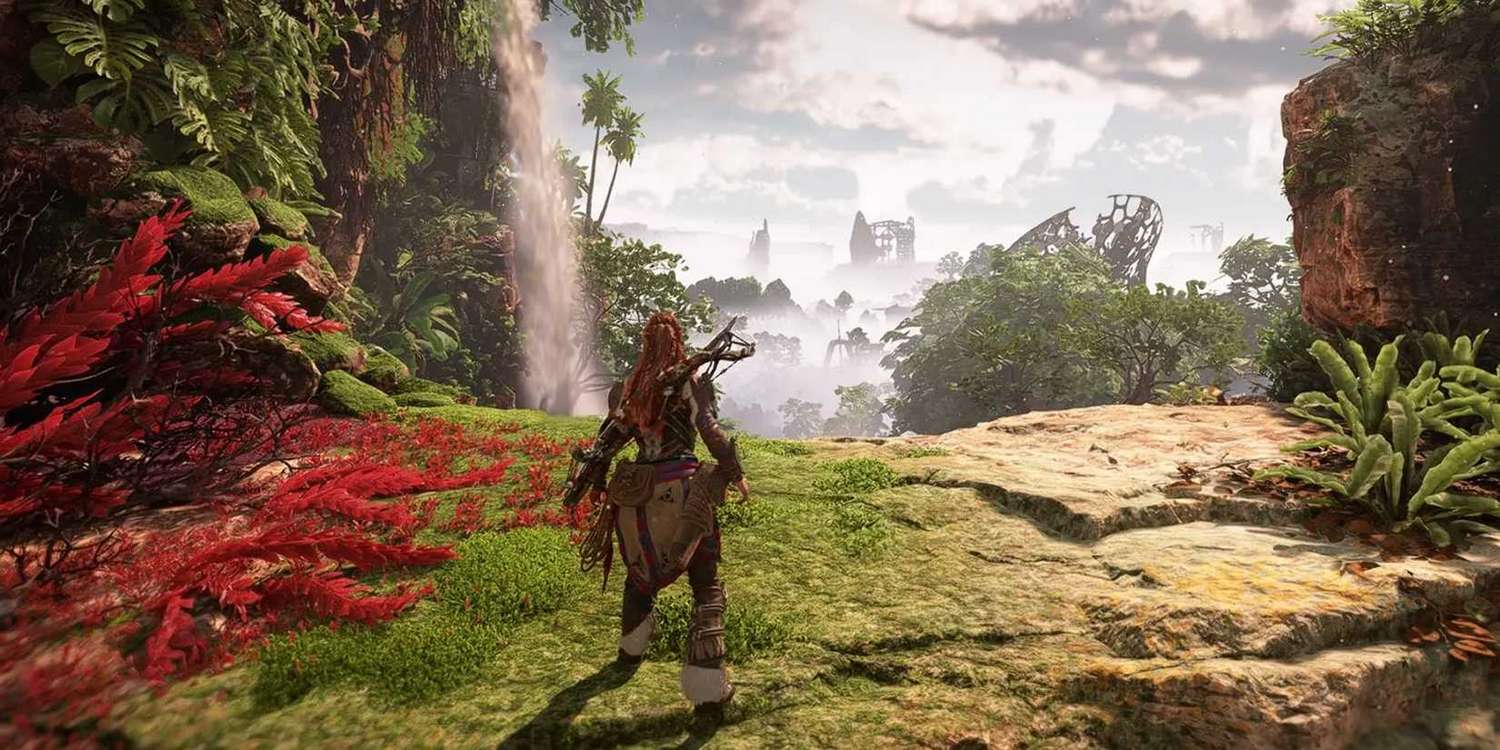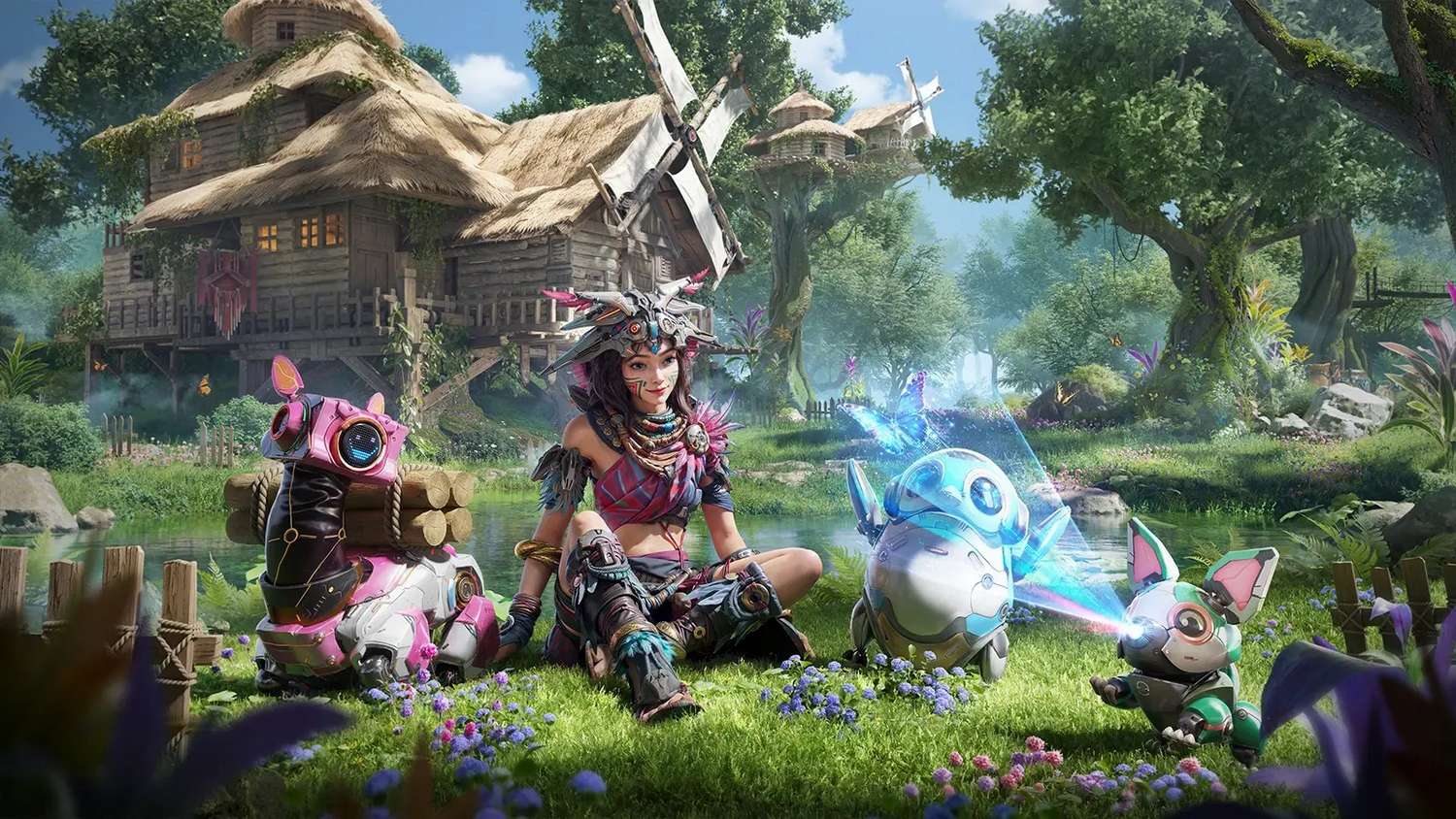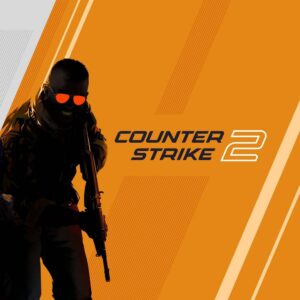Sony Escalates Legal Battle: Demands Injunction to Halt Promotion of Alleged ‘Horizon’ Knockoff
Popular Now
 BeamNG.drive
BeamNG.drive
 The Legend of Zelda
The Legend of Zelda
 NBA 2K24
NBA 2K24
 Black Myth: Wukong
Black Myth: Wukong
 Schedule I
Schedule I
 Candy Crush Saga
Candy Crush Saga
 Toca Boca World
Toca Boca World
 FIFA 23
FIFA 23
 Among Us
Among Us
 Grand Theft Auto V
Grand Theft Auto V
 SAN FRANCISCO, CA – In a major development within the high-stakes world of intellectual property litigation, Sony Interactive Entertainment ($\text{SIE}$) has filed a motion for a preliminary injunction against Chinese tech behemoth Tencent, seeking to bar the promotion and development of Tencent’s upcoming action-adventure title, Light of Motiram. The filing comes as the latest maneuver in a contentious legal dispute where Sony Interactive Entertainment accuses Tencent of creating a “slavish clone” of its globally successful and critically acclaimed franchise, Horizon Zero Dawn and Horizon Forbidden West.
SAN FRANCISCO, CA – In a major development within the high-stakes world of intellectual property litigation, Sony Interactive Entertainment ($\text{SIE}$) has filed a motion for a preliminary injunction against Chinese tech behemoth Tencent, seeking to bar the promotion and development of Tencent’s upcoming action-adventure title, Light of Motiram. The filing comes as the latest maneuver in a contentious legal dispute where Sony Interactive Entertainment accuses Tencent of creating a “slavish clone” of its globally successful and critically acclaimed franchise, Horizon Zero Dawn and Horizon Forbidden West.
The motion, filed with the U.S. District Court for the Northern District of California, requests a court order to immediately prohibit Tencent from utilizing several key elements, including a distinctive red-haired tribal huntress character allegedly resembling the Horizon franchise protagonist, Aloy. Sony argues that the continued promotion of Light of Motiram, even with a recently delayed release date of late 2027, constitutes irreparable harm to the Horizon IP and is causing significant consumer confusion in the competitive video game industry.
The copyright infringement lawsuit, which originated in July, highlights the alleged copying of protected elements, including artistic style, narrative themes, and even a specific musical composition from the Horizon Zero Dawn OST. Court documents reveal that Sony declined a prior proposal from Tencent to collaborate on a Horizon-related mobile game, adding a layer of corporate drama to the unfolding legal battle.
 The Core of the Dispute: Allegations of “Slavish Cloning” and Trademark Infringement
The Core of the Dispute: Allegations of “Slavish Cloning” and Trademark Infringement
Sony’s initial lawsuit and the subsequent injunction motion rest on the fundamental claim that Light of Motiram unlawfully leverages the established goodwill and reputation of the Horizon series. The company points to numerous examples and public outcry from fans and media alike, who immediately noted the striking similarities upon the reveal of Tencent’s game in late 2024.
Key areas of alleged infringement cited by Sony include:
- Character Likeness: The protagonist in Light of Motiram features a similar fiery red hairstyle, tribal gear, and warrior archetype to Aloy, a character Sony has branded as a “key icon” for the PlayStation brand.
- Aesthetic and Setting: Both games are open-world survival titles set in a post-apocalyptic environment where tribal humans battle colossal, animalistic robot machines.
- Musical Copying: Sony alleges that a melody used in promotional material for Light of Motiram bears an unmissable resemblance to two compositions from the Horizon Zero Dawn soundtrack, including the main theme.
Sony Interactive Entertainment’s Head of PlayStation Productions, Asad Qizilbash, submitted a sworn declaration in support of the motion, emphasizing the ongoing and future value of the Horizon IP, including details about the upcoming Horizon Zero Dawn film adaptation, which is reportedly in active development with a working script and a planned 2027 premiere. The declaration underscores that the release and promotion of a perceived knockoff jeopardizes the franchise’s expansive media expansion plans.
Tencent’s Counterarguments: “Well-Trodden Tropes” and Procedural Defense
Tencent, through its motion to dismiss the lawsuit, has vehemently rejected Sony’s accusations. The Chinese publisher argues that Light of Motiram is merely making use of “time-honored tropes” and “ubiquitous genre ingredients” that are common across the gaming landscape. Tencent cites examples such as The Legend of Zelda, Far Cry, and even claims that Guerrilla Games, the developer of Horizon, had its own internal concerns about similarity to the earlier title Enslaved: Odyssey to the West during development.
Furthermore, Tencent contests the immediate necessity of an injunction, arguing that the delayed release date until late 2027 means Sony “cannot possibly hope to demonstrate the ‘immediate threatened injury'” required for a preliminary injunction. Following the initial lawsuit, Tencent also quietly updated the Steam page for Light of Motiram, scrubbing key art and screenshots that most closely resembled the Horizon series, an action Sony has dismissed as a “shell game” intended to evade responsibility after “the damage is done.”
 Analysis: The Potential Impact on Game Development and IP Law
Analysis: The Potential Impact on Game Development and IP Law
This escalating legal confrontation holds profound implications for the global gaming industry and the boundaries of intellectual property law. Should the court grant Sony’s preliminary injunction, it would send a clear, powerful signal regarding the protection of distinctive character designs, aesthetic styles, and overall ‘look and feel’ in video games, potentially limiting the creative freedom of developers working in similar genres.
The key legal question remains whether the similarities between Light of Motiram and Horizon constitute the misappropriation of protected, expressive elements—the ‘artistic whole’—or merely the use of unprotectable, generic science fiction and post-apocalyptic genre conventions. The outcome of the hearing, which is tentatively scheduled for November 20, 2025, could drastically impact Tencent’s multi-year development cycle and pre-release marketing strategy for Light of Motiram.
The gaming community and industry analysts are closely watching this case, which is being viewed as a precedent-setting moment for how courts determine copyright and trademark infringement in the complex, highly competitive market for AAA video game titles. Sony is seeking not just monetary damages but, crucially, injunctive relief to preserve the distinctiveness and marketability of its flagship PlayStation IP.








